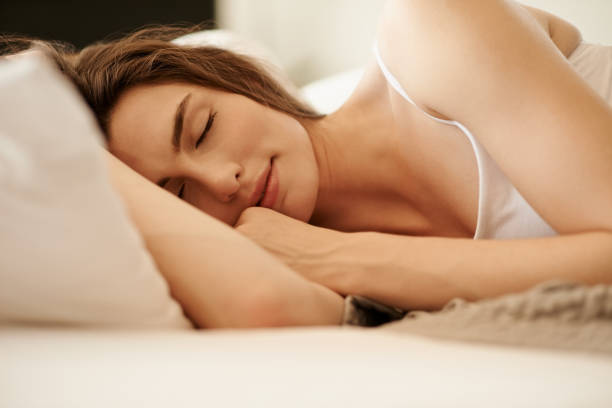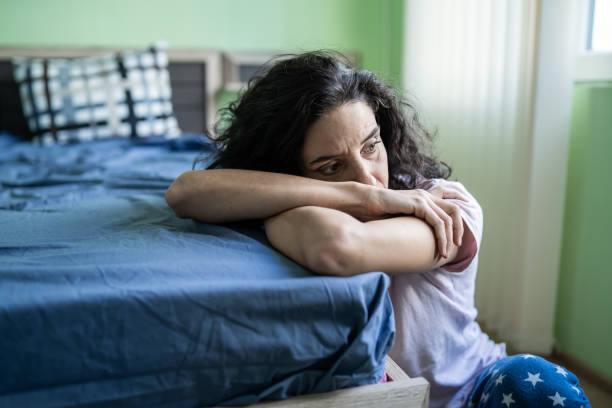3) Headache

The consequence of a lack of concentration is often a headache. If you suddenly give up coffee after months, throbbing pain behind the forehead is not uncommon.
According to experts, the first symptoms appear in many people after just 12 to 24 hours of withdrawal.
4) Better sleep

Not having coffee also has positive effects, especially on your sleep. According to a study published in the Journal of Clinical Sleep Medicine, the sleeping cycle gets better without caffeine at least six hours before bedtime.
Study participants who ignored this were more likely to have difficulty falling asleep or staying asleep. So if you sleep poorly or little, you can be well advised to withdraw your coffee.
5) Less fear

Did you have to deal with fears during your coffee phase? This is by no means uncommon among caffeine users.
In a study by the University of Chicago, subjects who consumed at least 450 grams of caffeine daily were more prone to anxiety disorders.
By avoiding the drink, the risk of suffering from anxiety is lower. At the same time, your overall stress level drops, which is also associated with a low risk of anxiety and depression.
6) Better oral hygiene

A bright smile and white teeth make you look healthy. Coffee can have the opposite effect, as it can cause tooth discoloration if consumed frequently.
In addition, the combination of coffee beans and water is acidic and can, therefore, wear off the tooth enamel.
Therefore, limiting your own coffee consumption can pay off for many caffeine junkies, not just on your next dentist bill.



Comments
Loading…